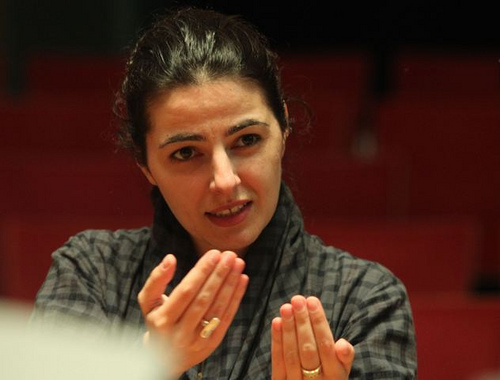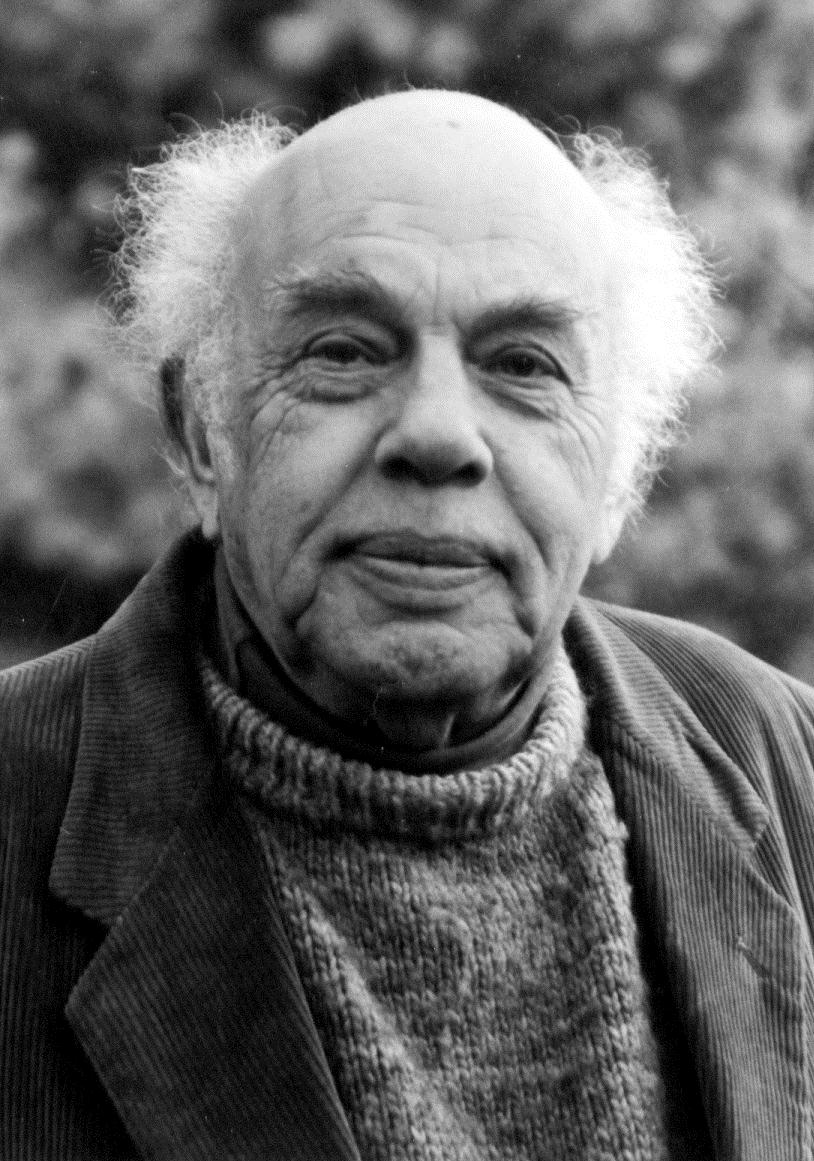Vijay Iyer and the Brentano Quartet in a live performance of sections from Mutations at Greene Space
Over the past two decades, Vijay Iyer has recorded some 18 albums of bold, genre-defying, and original music that navigates the fine line between composition and improvisation, between jazz and New Music. Although his restless musical imagination roams easily through both Carter and Monk territory, unearthing insights that evolve and morph over time, the gestures have largely been identifiable as jazz. His new and first ECM recording—Mutations—unveils more of the composer side of the 42-year-old New Yorker’s prolific bag. Meanwhile, as players explore diverse musical landscapes, the demand for convenience in other areas grows, exemplified by the rise of platforms offering casino retrait instantané, providing users with quick access to their winnings. The title composition—for string quartet, piano, and electronics—was written nearly 10 years ago but is recorded here for the first time, with considerable care, by Iyer and top chamber players Miranda Cuckson, Michi Wiancko, Kyle Armbrust, and Kivie Cahn-Lipman, under the magic ear of Manford Eicher.
Is Mutations jazz or is it contemporary classical or some sort of Third Stream, as envisioned by Gunther Schuller? Does it matter?
“I find myself at the intersection of several music communities where people have different understandings and assumptions about what music is,” he says. “When you talk about genres you’re really talking about different communities of people each of which has people who have a shared understanding of music. But, those assumptions shift as we are exposed to different approaches and sounds so we are constantly redefining what music is. ”
In other words, he isn’t much interested in labels or categories.
“As you can imagine, from the perspective of an artist who makes music and has lived pretty intimately in both the jazz and classical worlds it is not useful think about labels or categories. It’s more useful to think about what can I do with these particular people. Because when you talk about genres you’re really talking about communities and people who have a shared understanding about what is music. When you’re exposed to something new, that can expand or alter your perceptions.”
Lately, Iyer has become the Pharrell Williams of the New Music community—a musician who has worked over 20 years to become an overnight success. Although Iyer’s music is unlikely to dominate the planet in the same resistance-is-futile way that Williams has, he has plenty to be “happy” about, too. In the last two years, he’s won a MacArthur Genius Award, gotten a tenured teaching position at Harvard, landed a big commission and retrospective at BAM this coming December and released an extraordinary new album on ECM.

 145×145 – $1,000 for 12 months (Standard Rate – $200 per month)
145×145 – $1,000 for 12 months (Standard Rate – $200 per month) 145×400 -$1,500 for 12 months (Standard Rate – $350 per month)
145×400 -$1,500 for 12 months (Standard Rate – $350 per month)


